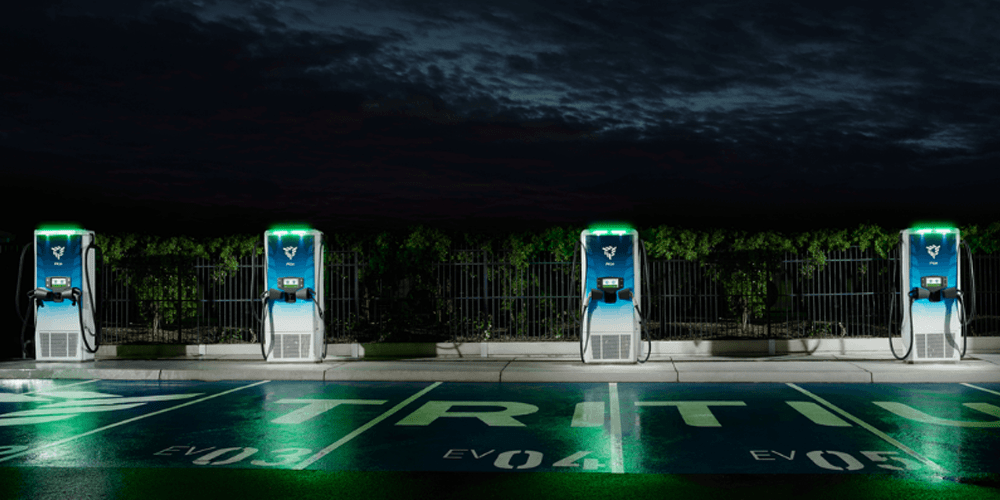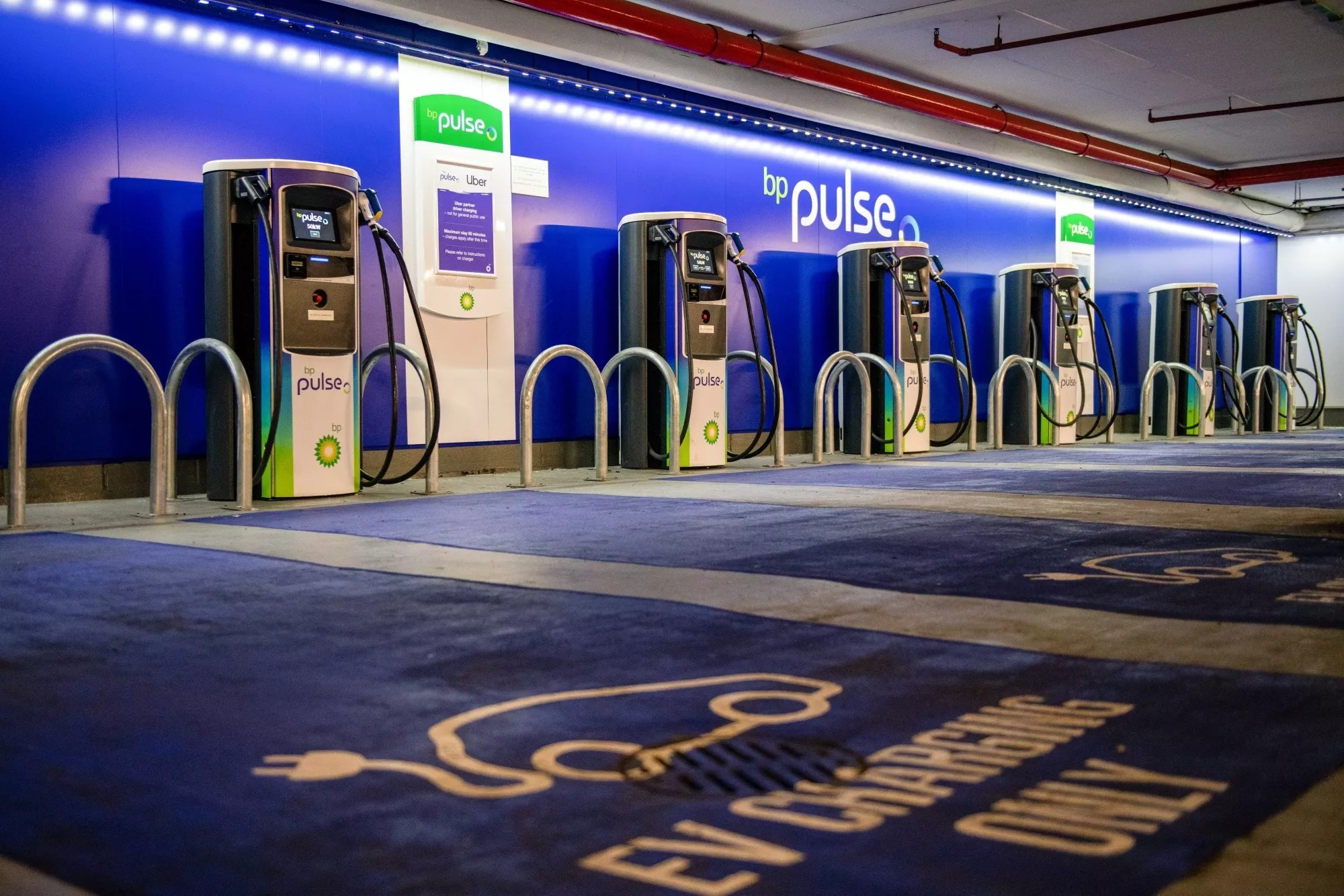The UK government has announced an additional investment of over £380 million in the development of charging infrastructure for electric vehicles as part of a major energy package. This is a significant step towards achieving the government’s target of a zero-emission transport system by 2050.
In addition, the UK government has launched the final consultation on the “ZEV mandate,” which is aimed at enshrining in law the planned combustion vehicle phase-out for new cars in the UK from 2035. The consultation will run until 24 May 2023 and is intended to pave the way for the transition to a zero-emission transport system.
See also: Canada set to mandate 20% EV share of new passenger cars, SUVs and trucks sales By 2026
The UK government’s proposal for the ZEV mandate is to impose annual sales targets for electric vehicles on manufacturers. From 2024, at least 22% of new passenger cars sold in the UK will have to be locally emission-free. This ZEV quota is set to increase to 80% by 2030 and reach the targeted 100% by 2035. For new vans, at least 10% of vehicles sold in the UK are to be zero-emission in 2024, 70% in 2030 and 100% in 2035.
The new bill is focused on “energy security,” which is to be guaranteed in the long term after the recent crises and the war in Ukraine. Two measures have been mentioned at the interface between energy and transport. The first is the expansion of the charging network, which is set to be accelerated with the £380 million investment. The second measure is the creation of a “stable environment for companies that want to invest and grow in the transition to electric vehicles and sustainable fuel for aviation.” Although the energy package includes several measures, there are no details on the two projects mentioned.
According to the initiators of the new charging infrastructure plan, around £100 billion of private investment will be needed to fund the UK’s energy revolution. Since 2010, approximately £198 billion has been invested in low-carbon energy in the UK through a mix of government funding, private investment, and levies on consumer bills.
“We have stepped in to shield people from its worst impacts by helping to pay around half the typical energy bill,” said Prime Minister Rishi Sunak. “But we are also stepping up to power Britain and ensure our energy security in the long term with more affordable, clean energy from Britain, so we can drive down energy prices and grow our economy.” Energy Security Secretary Grant Shapps added: “Following our unprecedented cost of living support this Winter, which continues, this plan now sets out how we fix this problem in the long term to deliver wholesale UK electricity prices that rank amongst the cheapest in Europe, as we export our green growth expertise to the world.”
The UK government’s efforts towards a zero-emission transport system are commendable, and the additional investment in charging infrastructure will help make electric vehicles more accessible to the public. The ZEV mandate will encourage manufacturers to produce more zero-emission vehicles, which will be vital in achieving the government’s targets. With a stable environment for companies to invest in the transition to electric vehicles, the UK is poised to become a leader in the green economy.







